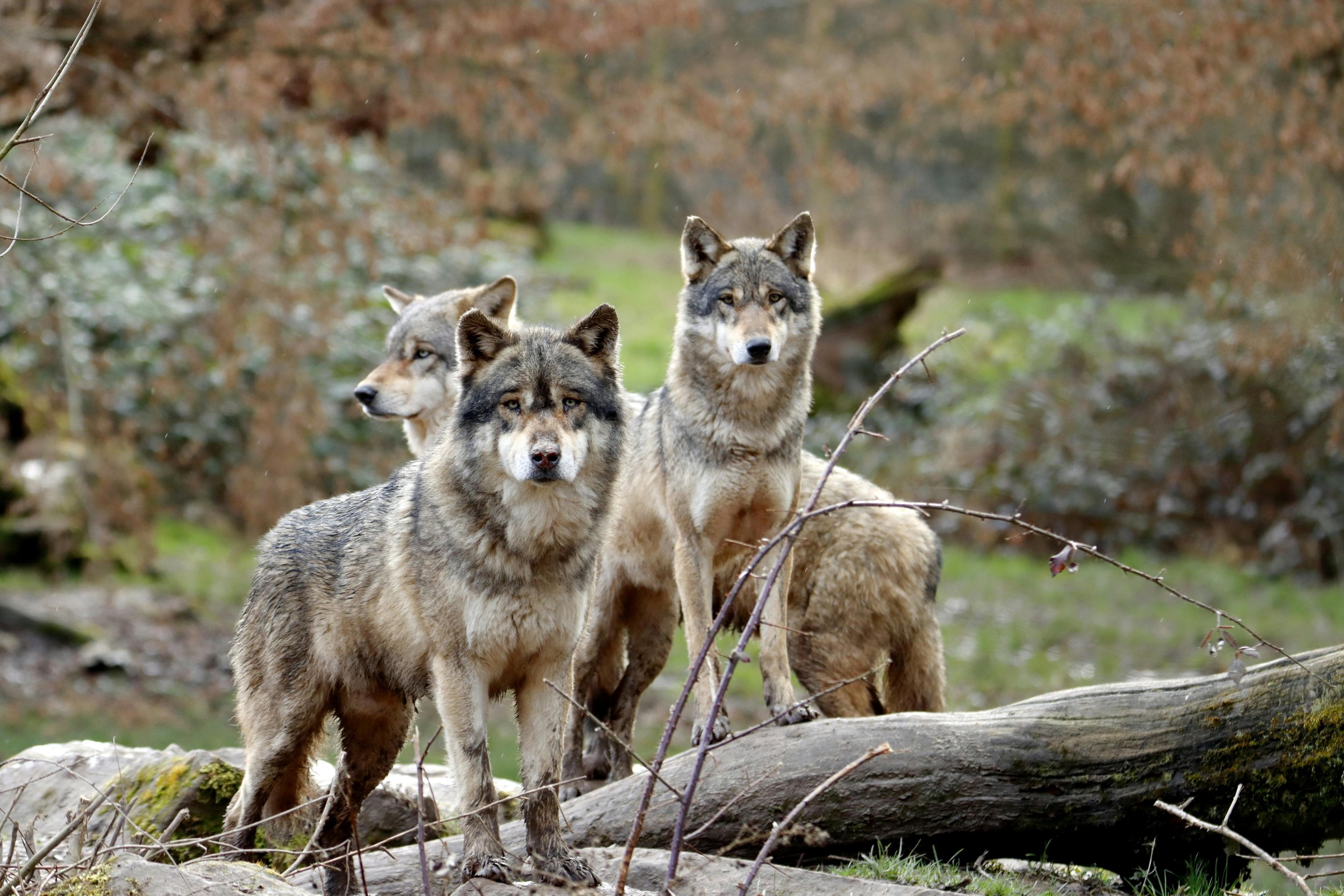Dominoes
In 1995, a standard horse trailer pulled into Yellowstone National Park and dumped eight grey wolves out into the wild. The wolves’ job was to recalibrate the ecosystem of one of our country’s most prized parcels of real estate that had been severely damaged seventy years earlier by the purposeful eradication of this natural predator. What happened next was a bunch of very bad things.
With the wolves gone, elk and coyote assumed the role of alphas. They overpopulated and then overgrazed the willow and aspen trees. So the songbirds left. And the eagles left. Without the trees, the beavers couldn’t build dams. So the beavers left. And the foxes followed them. Without the dams, the streams began to erode. So the fish died. And the grasses disappeared. In a fairly short amount of time, Yellowstone went from an interconnected, thriving mecca to a rapidly declining, largely dysfunctional landscape whose insides seemed to be at war with one another. Instead of saving the park, wildlife experts almost ruined it.
We don’t always know what’s best for us even when we think we do.
A similar thing happened in China with the “Squash the Sparrows” prong of the Four Pests Campaign. In 1958, the People’s Republic of China vowed to remove rats, flies, mosquitos, and sparrows in an attempt to boost the economy. Operating on the knowledge that sparrows eat grain, the leadership acted “preventively” to remove the threat to their country’s number one agricultural product. With the help of Chinese citizens, the country rapidly wiped out the birds.
With the sparrows gone, however, the locusts had a field day. (Pardon the pun) While sparrows do eat grain, they also eat insects. Their entrée of choice is a locust. And locusts ONLY eat grain. Uh oh.
Apparently, someone didn’t finish the research. The elimination of sparrows led to crops decimated by locusts which led to the great famine that wiped out between 15-30 million people. What was once advertised as the government’s “great leap forward” turned out to be its gigantic topple backward.
Sometimes what seems like a bad thing turns out to not be such a bad thing after all. And sometimes what seems like a good thing turns out to be a disaster. Sometimes it kinda depends on what that thing is sitting next to or following after or coming right before. Our world is linked together by causes and effects.
My grandpa had a Newton’s Cradle on the desk in his library. I was mesmerized by it. Newton’s Cradle is a device that demonstrates momentum through the swinging of five steel balls that hang suspended, equidistant, from a frame. When one ball is pulled away and released, it strikes the stationary balls causing the one ball at the other end to swing away. That ball then swings back, making contact with the stationary balls in the center, repeating the same effect in the opposite direction with the original ball on the other end.
I had no idea why my grandpa had this on his desk, but I rushed to “play” with it every time we visited. Two things that seemingly were not connected greatly affected each other, and the predictability of the impact fascinated me. It was cause creating effect creating cause creating effect.
Everything we do transmits a ripple. The worlds that we create are not unlike the one created for us. Living organisms communing together need one another to survive. Nature teaches us that healthy ecosystems provide obvious and hidden beneficial services to their constituents. The causes lead to effects that are positive and sustaining. A bubble of sustenance is created where interdependence is king.
In Yellowstone, flora and fauna, as well as wildlife and topography, depend on one another to do what they do and to be who they are. If we don’t understand the connections, meddling with the system can do more harm than good. The same goes for our communities, our states, and our country. We must think of what came before as well as what might be apt to come after.
“The art of being helpful,” Gloria Steinem once said, “lies in behaving as if everything we do matters—because we never know exactly what things might.”
P.S. Patch Adams

